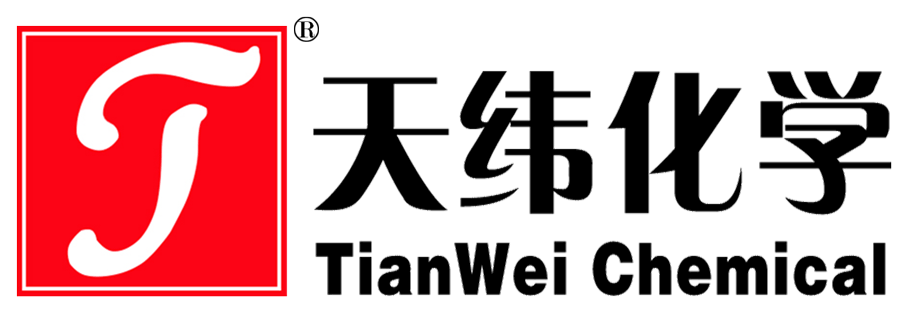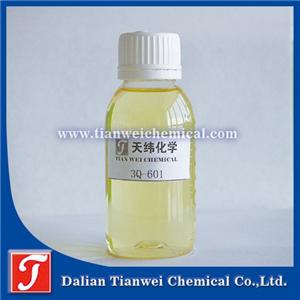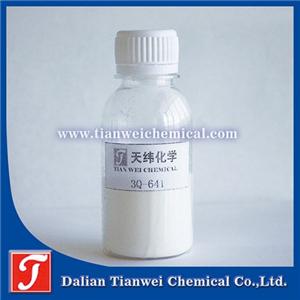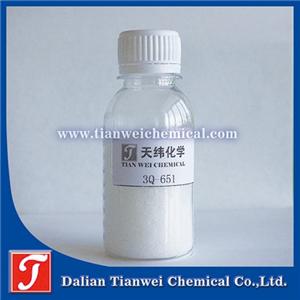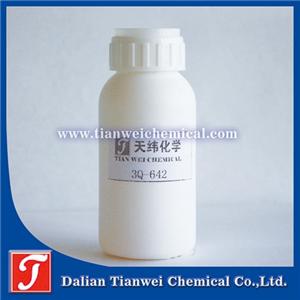The correct choice of antibacterial preservatives in the manufacturing process of wet wipes
With the continuous improvement of people's quality of life, the consumption of disinfectant wipes is also increasing. What kind of anti-corrosion system does this involve? In order to make the wipes "hygienic and clean". This requires our wet wipes manufacturers to strictly sterilize the wet wipes during the manufacturing process of wet wipes, and at the same time have a good antiseptic effect during storage.
According to the material, wet wipes are usually divided into three types: one is non-woven fabric (man-made fiber); the second is pure cotton cloth (natural, belonging to polysaccharides); the third is non-woven/cotton blended . Non-woven wipes are relatively easy to breed bacteria but not easy to grow mold. Pure cotton wipes are easier to breed bacteria and mold. Non-woven/cotton blended wipes are basically the same as pure cotton. almost.
At present, the preservative system used by most wet wipes manufacturers is Kathon (Kathon, Kathon). It is also not good. It is highly irritating to the skin, and it is easy to cause antiseptic failure. European and American countries have restricted its use, and the domestic dosage is gradually shrinking.
In addition, some domestic manufacturers of wet wipes use parabens, biguanides, and quaternary ammonium salts as preservatives. Due to the shortcomings of parabens (such as: sterilization is not broad enough, the dosage is large, It has poor inhibitory effect on mildew), and a single paraben preservative is rarely used. Now, paraben fungicides are mainly used together with some mildew inhibitors to learn from each other's strengths. At the same time, it can also meet the environmental protection requirements of some manufacturers exporting to Europe and the United States. However, the bactericidal properties are still slightly insufficient (for example, quaternary ammonium salts have poor fungicidal effect), and it is necessary to cooperate with some disinfectants to solve the problem of anti-corrosion.
As domestic environmental protection requirements become more and more stringent, some manufacturers are also actively seeking new anti-corrosion systems. At present, our company aims at the international market, keeps up with the needs of the domestic market, and can customize a suitable anti-corrosion system for customers.
The above discussion only represents personal opinions and is only used for technical exchange and formula reference.
